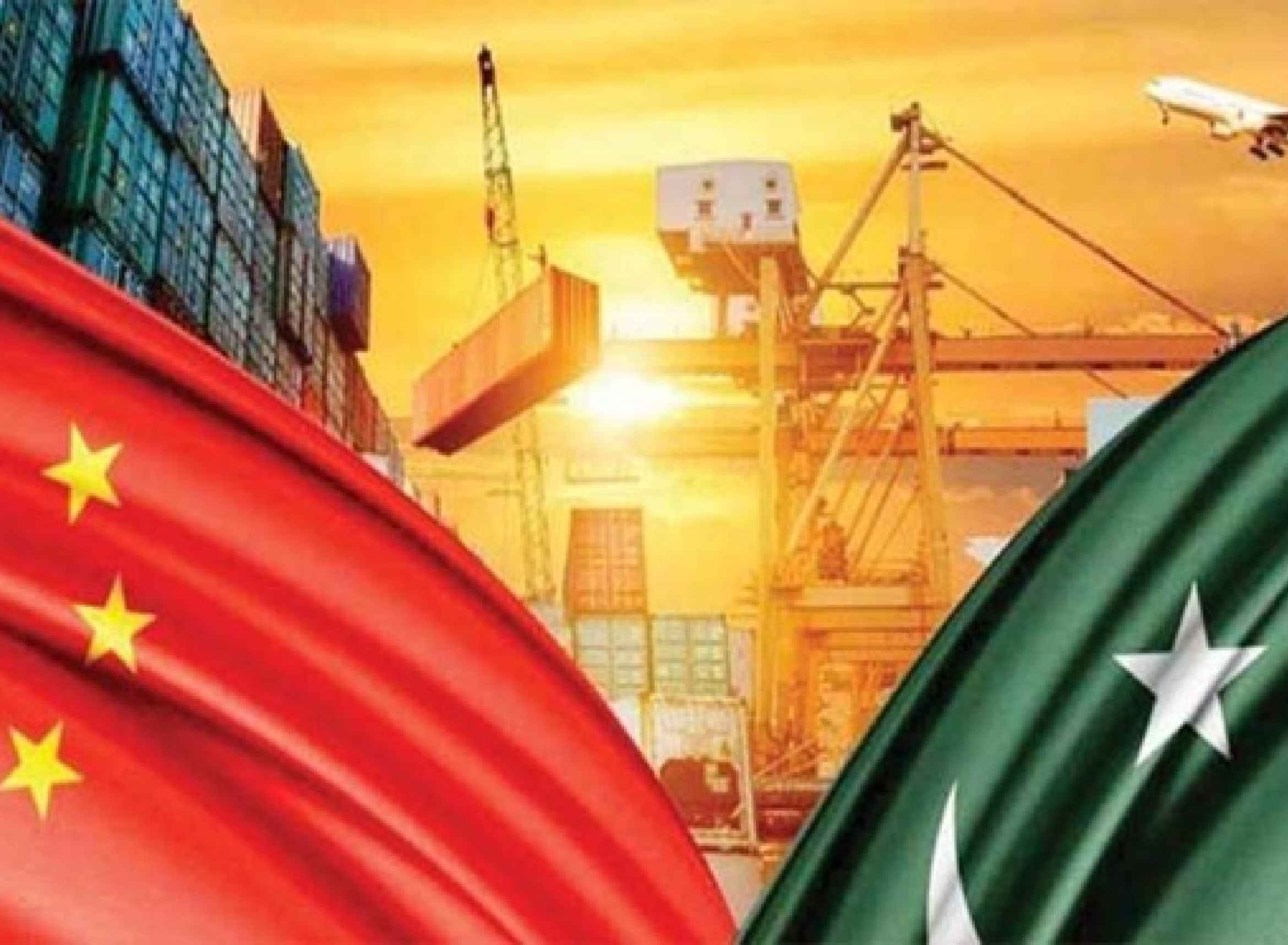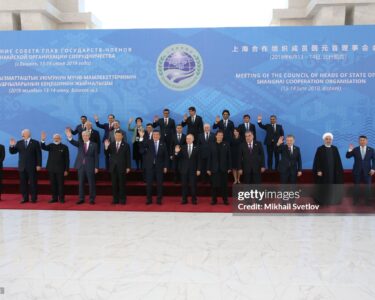Pakistan and China have established a relationship often referred to as “ironclad” due to their history of supporting each other and shared strategic interests. This partnership has evolved greatly since they officially established relations on May 21st, 1951 with a multilayered partnership such as diplomacy, economy and military cooperation. Their strong alliance has been pivotal in shaping the situation in South Asia. Remains a key element in maintaining regional stability and progress, amidst changing global dynamics. The relationship between the two neighboring countries is defined by a sense of trust and respect, for each other’s integrity and goodwill toward each other values that support their diplomatic interactions.
Moreover, this diplomatic partnership extends beyond bilateral engagements. Both Pakistan and China are actively involved in global forums frequently coordinating their stands on critical international issues. This collaboration is noticeable in their involvement in organizations like the Shanghai Cooperation Organization (SEO) where they collaborate to challenge security issues and foster stability in the region. The SCO serves as a platform for joint actions, against counter terrorism, extremism and advancing partnership, all contributing towards ensuring a wealthier region. The mutual commitment to working internationally enables both countries to effectively use their power to support their common goals/interest on a worldwide stage.
The foundation of the Pakistan China relationship is the China Pakistan Economic Corridor (CPEC) which’s an initiative of China’s Belt and Road Initiative (BRI). This project marks a milestone in their bilateral relationship and has become a vital element in Pakistan economic growth plans since its establishment. Initiated in 2013 CPEC aims to revamp Pakistan infrastructure, and boost economic growth through significant Chinese investments in energy projects as well as transportation and industrial sectors. Gwadar port’s growth on the Arabian Sea showcases how CPEC could reshape Pakistan economy by connecting it to trade routes and boosting ties. The latest project updates till 2024 reveal advancements in areas, like energy infrastructure completion that has bolstered Pakistan power supply and fueled industrial expansion. Moreover, ongoing construction projects are centered on improving road networks railway systems and port infrastructure in Pakistan the goal is to boost connections, within the country and increase accessibility, to neighboring markets enabling trade and strengthening ties
CPEC is not merely an infrastructure development project; It serves as a catalyst for economic change in Pakistan. The increased investment and the emergence of job openings in construction, energy and logistics sectors are playing a role in advancing Pakistan’s economy. Moreover, the establishment of Special Economic Zones (SEZ), under CPEC aims to draw investment, encourage industrial growth and support export-oriented sectors. These projects are anticipated to have an effect by supporting interconnected sectors and establishing a stronger and more varied economy in Pakistan. This, in turn, contributes to regional economic incorporation and stability.
Apart from the advantages it brings about, CPEC also plays a role in building connections between the people of China and Pakistan. The collaboration among professionals from both nations in this project promotes exchange and mutual comprehension. Additionally, education partnerships and scholarship programs strengthen the bonds by allowing students from China and Pakistan to learn from one another and establish relationships. These efforts contribute to an understanding of each other’s cultures and create a foundation for a long-term collaboration. This enhanced understanding helps build trust and enhances the relationship between the two countries.
Moreover, China has continuously supported Pakistan initiatives to update its defense capabilities by engaging in combined exercises and sharing defense technology expertise while providing military gear as well as these contributions from China have been pivotal in boosting Pakistan enthusiasm for defense purposes; a necessity for upholding stability amidst geopolitical circumstances. This assistance empowers Pakistan to tackle security issues and play a role in promoting peace and security within the region. This mutual dedication to security further solidifies the alliance and partnership between the two countries.
In the field of science and technology Pakistan and China are strengthening their partnership by working on research projects and transferring technology resources between them. They are concentrating their efforts in energy information technology and biotechnology to encourage innovation and push forward technological progress in both countries. These collaborations address common hindrances and support in sustainable growth and open up avenues for groundbreaking scientific discoveries and technological advancements that can aid both nations. This joint commitment, to advancing science and technology progress further solidifies the strategic alliance.
Despite the complex nature of the Pakistan-China relationship, it is important to acknowledge the challenges and difficulties that exist. The sustainability of CPEC projects and the environmental effects of infrastructure development have raised concerns, to ensure the partnerships success, in the run it is vital to address these issues through discussions and sustainable approaches and practices is crucial for ensuring the long-lasting success of the partnership. Creating an enduring partnership requires transparent communication and joint actions to manage possible risks effectively.
Furthermore, maintaining stability in regional relationships remains a focus for both nations. Pakistan interactions with other major powers and involvement in regional groups demand a thoughtful approach to prevent its close alliance with China from overshadowing other vital connections. A cultured diplomatic strategy is crucial for upholding stability in the region and fostering a holistic framework. This necessitates an assessment of the changing dynamics and a dedication to peaceful coexistence.
In the coming years the relationship between Pakistan and China is expected to stay vital in shaping geopolitics for both nations as the global landscape changes over time. The strategic alliance between the two countries is likely to adjust and broaden in order to tackle challenges and opportunities that arise. Priorities for both nations will include strengthening bonds, enhancing connections between their people and promoting increased collaboration in fields, like science, technology and climate change. By committing to cooperation and mutual assistance they aim to ensure that the Pakistan China partnership continues to grow and remain resilient. This will help in maintaining stability in the region while promoting growth and creating a more prosperous future for both countries.
In conclusion, the Pakistan-China relationship stands as a testament to the enduring power of mutually beneficial partnerships built on shared interests and mutual respect. The two countries have consistently shown their dedication to enhancing their friendship over the years as they tackle the intricacies of the era. The partnership between Pakistan and China is dignified to have an impact on shaping global geopolitical landscapes in the years ahead. The ongoing growth of CPEC and the increasing collaboration across sectors point towards an outlook for this strategic alliance. It is essential to conduct studies and assessments to grasp the changing dynamics of this significant partnership and its implications, for local and global affairs.




